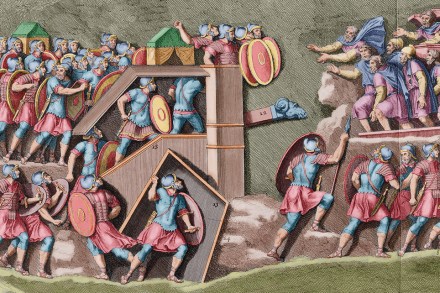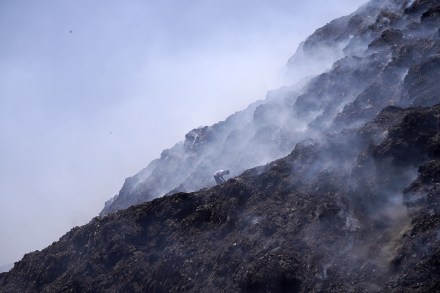An ancient stalemate may provide lessons today
History doesn’t have to be ‘useful’ to be compelling – witness, say, Henry VIII and his six wives. Adrian Goldsworthy, however, a considerable historian of ancient Rome as well as a prolific novelist of those times and the Napoleonic (of which there is obvious connection), is at pains to emphasise the profit to be derived from his massive, magnificent account of the 700-year conflict between Rome and Persia. Early on, the Romans realised that Parthia-Persia had to be treated with more respect than other nations History is valuable, he writes, because it helps us understand our own world a little better. (The corollary is also true: the intrigues and cock-ups




















